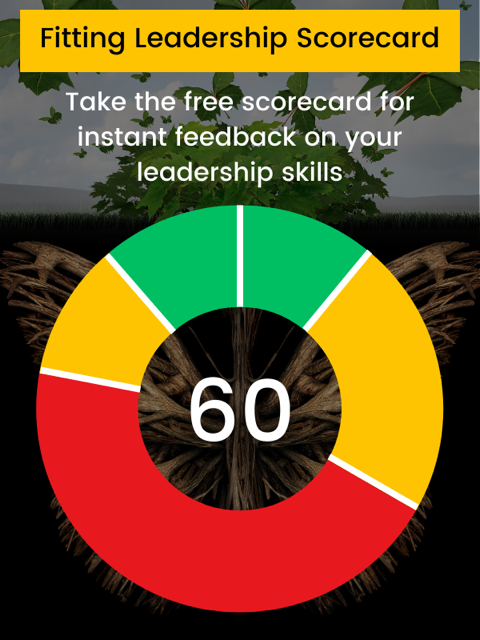Listen.....
October 1, 2021

Really listening to somebody means being fully present and giving your 100% attention to that individual in terms of what they are saying and how they are saying it.
When we are in conversation with somebody it is tempting and easy to start moving ahead and thinking about what we are going to say in response. This is not being totally present and listening to what the other person has to say. When we are in a debate about a topic or because we perhaps disagree with something we start plotting our response and are not really listening to what the other person has to say. If we have very fixed views rather than being open to different opinions then this is often the case. However the person will clearly pick this up and it becomes a back and forth to see who wins. Instead being genuinely open and interested in differing views and perspectives allows people to feel heard, to understand their view points. It doesn’t mean that you have to agree or that you have to do anything about it, but it allows the individual to feel heard. This also applies when people are struggling with something and they come to talk to you about it. It can feel like they are wanting answers or a solution from you, but this is not always the case. Sometimes people just want to voice something and having someone really listen to them can help in it’s own right. In actual fact they can find it annoying to have you give them solutions which they may already have thought about.
Really listening involves paying attention to not just the words but all the other cues that the individual will be giving off which can indicate how they are feeling about the topic. These cues can be visual in the form of bigger cues such as folding arms of legs, leaning forward or leaning back. They can be much smaller visual cues such as change in skin tone, pupil dilation or change in breathing. They can also be auditory in the form of tone, speed, rhythm or clarity. If you can really pay attention to these signals you can empathise with how the person is feeling. To build rapport you need to be there with them and so matching them can help the person see that you are picking up on that and being there with them.
Practically speaking there are a few things you can do to improve your listening skills.
Do not interrupt! This is a very simple and clear skill. Yet, many of use regularly interrupt others. Above anything else, this is very rude and secondly it makes people feel like that you don’t want to listen to what they have to say, so they don’t have a voice and they cannot really make a difference. This is demoralising and demotivating in the work place.
Develop soft & kind eyes. You want to have good eye contact with the other person but staring them out is way too much! Looking softly between their eyes, just above their nose can help with this.
Work on developing your ability to be present and not distracted. There are practical things you can do off the bat. Turn your phone off, turn your PC off or do not have it in a place where it is pinging up with notifications that distract your either visually or auditally. Find a place for the interaction where you will not be disturbed of overheard. These are practical but very important. Developing your ability to be present means not thinking about other things that are going on. Practising mindfulness really helps develop this ability.
Start noticing everything that is going on during your interaction. Pay attention to not just the words but the body language, both small and large changes as previously discussed as well as the changes on tone of voice, speed and rhythm.
A final tip is to notice what the eyes of the other person are doing. There is some mixed thought and perhaps more detail about this that you can go into, but one of the things to watch for is when people’s eyes go up to the left or the right. This normally means they are processing and potentially visualising a situation. When this is happening and there is silence, let them continue to process and remain quiet. They are working through something and will soon come back with a response. Give them time to do this. If you are a fast paced person it is very tempting to speak at this time. Do not!
So, go ahead and practise these skills. Find somebody, create some time and just listen intently to what they have to say. When they have finished ask them another question and keep listening. Understand them. Find out about them. Do not speak about yourself. Depending on who it is this may seem odd to them and will likely feel uncomfortable to you, but keep practising. Showing your interest in what they are saying through your body language and even by short comments such as ‘ that’s really interesting’ or ‘tell me more about that’ or even silence whilst nodding your head and maintaining eye contact encourages the person to keep on talking. If you really retain an approach of genuine curiosity in what the person has to say this will come naturally. Imagine what you could discover and learn!
I would imagine that some of you may be reading this thinking that’s all very well Jamie but I don’t have the time to engage with my team in this way. Fundamentally it is about finding a balance in where you spend your time. Investing time in leading your team will have significant payoffs in terms of what it does for the business. These skills are the bedrock for allowing your people to fulfil their potential and deliver for you. What about when I am in a busy dental clinic? Obviously this is not the time. Let the individual know that you are busy with patients but let’s arrange a time later to speak. If it is an individual who is a key person in your team then to me it would make sense to schedule regular time with that individual where you will not be interrupted and you can really listen to the individual. They are less likely to want to catch you when it is not the best time and so it becomes much more efficient.
Others may be thinking, but there are some people who go on and on when I know what they are talking about is wrong and a load of rubbish. If this person is not very succinct in how they communicate ideas then an honest conversation with appropriate feedback should be given to that person about this. You also never know what that person is going to say, even if you think you do, you don’t. Cutting them off or even completing what you think they are going to say firstly is likely to be incorrect so you don’t hear their perspective and will leave them feeling like you have no interest in their opinion. If you really think they have no clue then there are different questions to answer. Is that person good at her job? If so, then she will have a valuable perspective, even if you don’t agree with it. If not, then there is a different discussion to be had….
Some of you may think, well this is an easy skill and I already listen. To demonstrate that you may not be as good a listener as you think I would suggest noting down whenever you interrupt somebody be it at work or at home. Also, notice how other people interrupt in conversations of which you are a part. Another exercise is to reflect on how you think the other person was feeling during a specific conversation. What were you able to pick up?
Being a great listener not only enables you to build great rapport and show empathy for your people, it also makes the other person feel valued, that they have a voice and that they are much more likely to follow your leadership. It also helps you understand what is really going on in your pratice.
Listen.....
Sign up here
to receive actionable insights by email



Please add your comments and thoughts on the above article and engage with the broader community.
Thoughts and perspective from the Community:
What a great timely reminder, to really listen and not move forward with your own agenda before fully absorbing what the other person is communicating.
04/10/2021